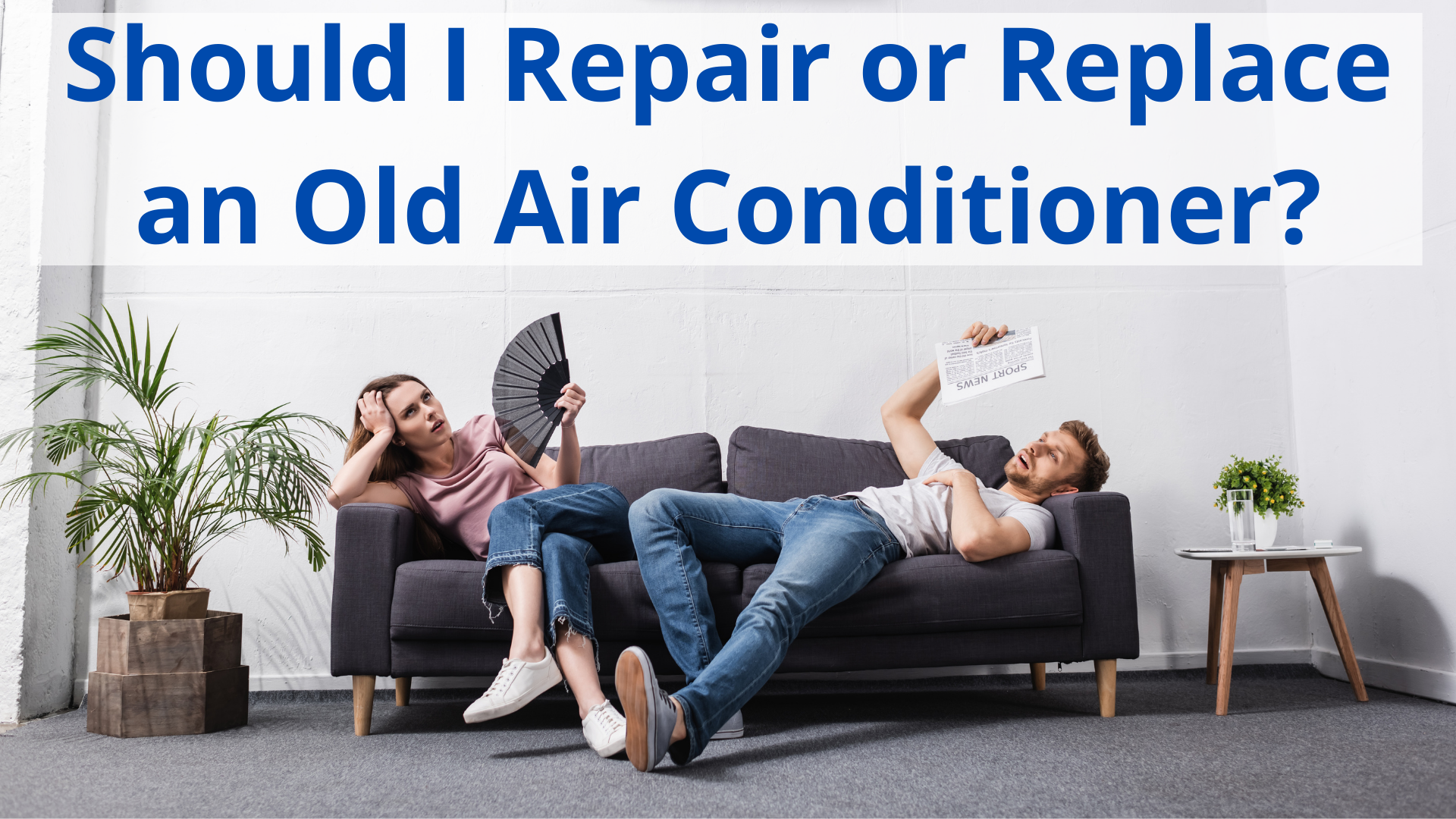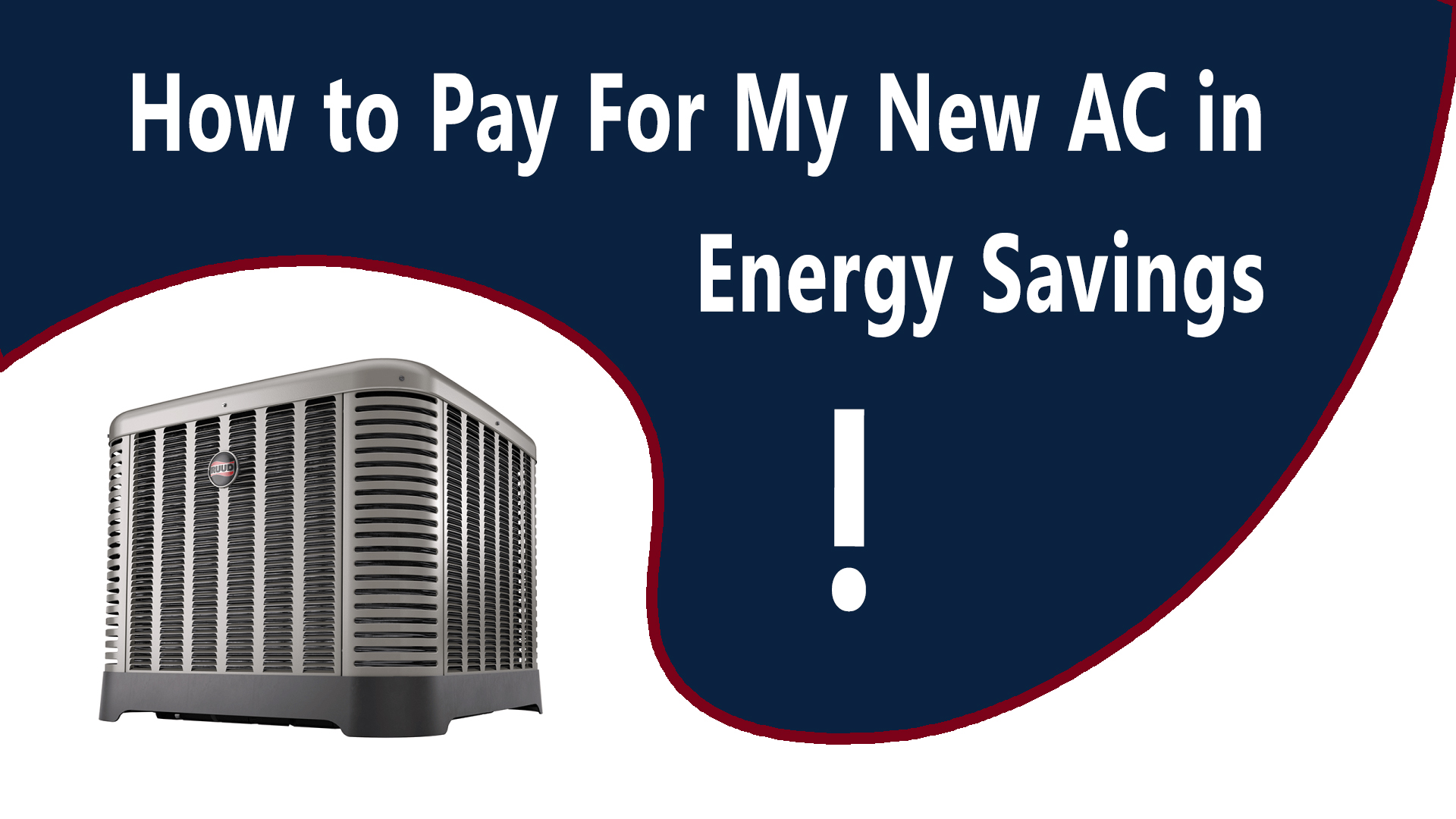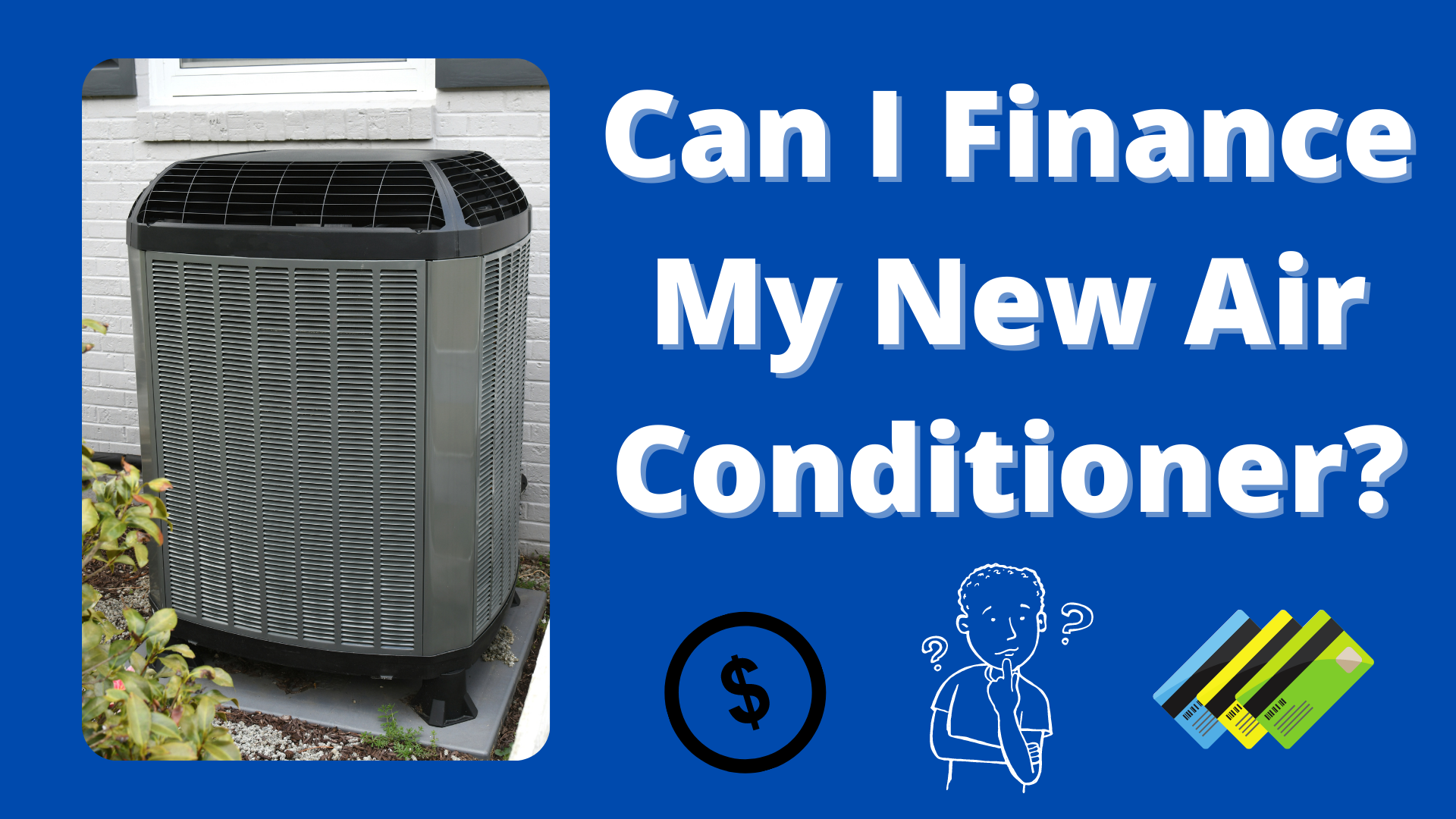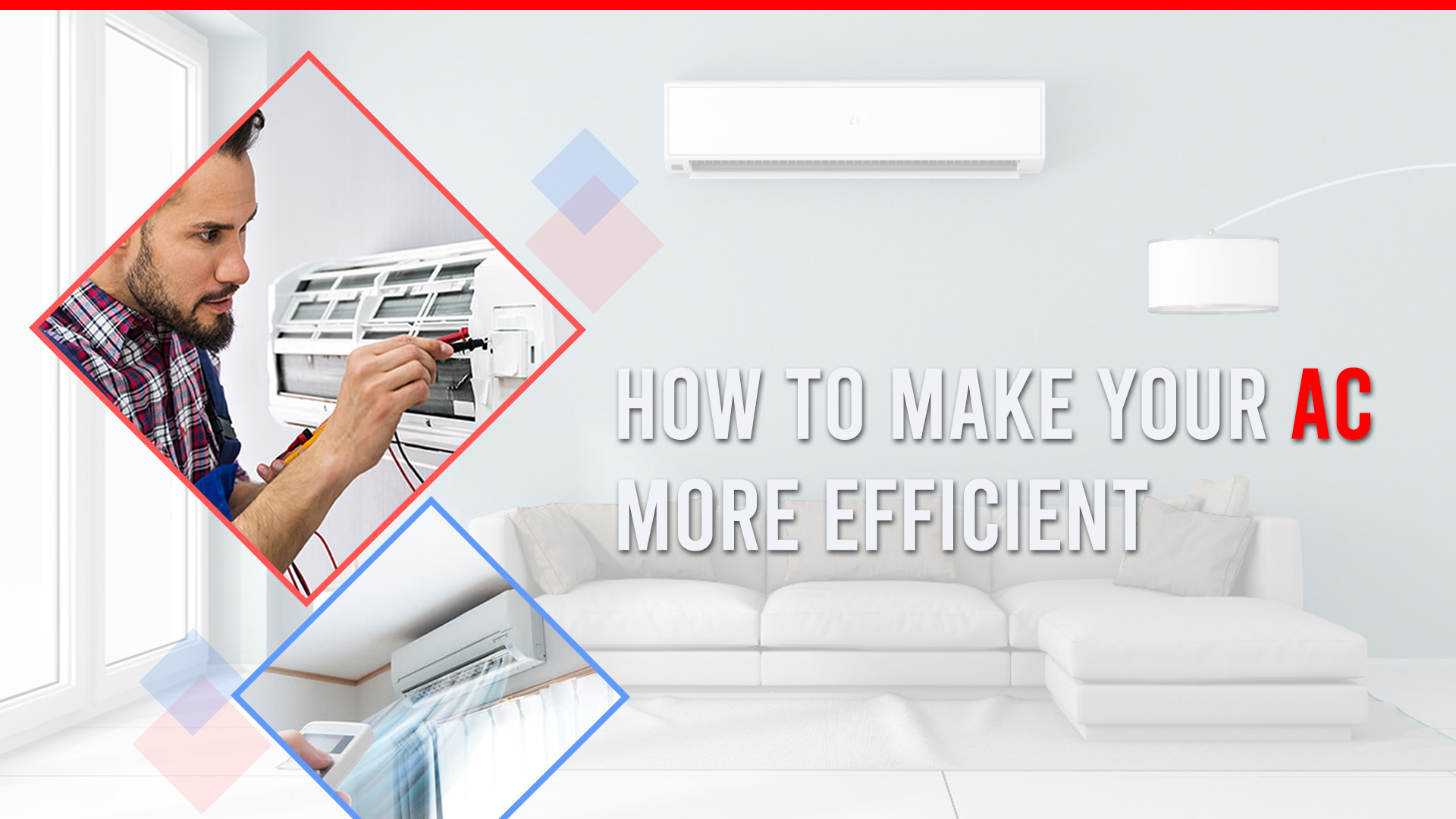Did you know that approximately 53% of your energy resources go to heating and cooling systems? This is according to a survey by the U.S. Energy Information Administration — an organization that collects data on energy usage by households in the U.S.
This means air conditioning and heating consume a lot of energy, which translates into huge electricity bills. There is a huge dependence on heating and cooling systems, especially in California. Therefore, if you want to lower your electricity bills, the best you can do is have an energy-efficient HVAC system. In this article, we explore different ways you can cut down on energy costs.

Why HVAC Systems Consume So Much Energy
The HVAC system’s complexity is one reason they need so much power to function. Essentially, the system requires a lot of power when the compressor is pumping the refrigerant through the system to pull heat from a room.
If the system is poorly maintained, it struggles with cooling, thereby consuming more power. Issues with poor electrical wiring, loose parts, and dirty filters make the system strain, which ends up forcing it to cool longer. Worse still, the AC might blow warm instead of cool air, which results in wasted energy.
Another common reason why heating and cooling systems consume a lot of power is because of outdated technologies. In other words, the equipment might be too old. Newer systems have advanced energy-saving technologies that reduce power consumption. In the next section, we see why old systems consume more power than more recent models.

Tips for Lowering Your Electric Bill
Homeowners that have implemented these HVAC system energy-saving tips have benefited from significant improvements in energy efficiency and savings. Pick what works best for you and enjoy a better heating and cooling experience.
Replace an old HVAC system
On average, the lifespan of air conditioners and heat pumps is 10-15 years. This means that when the appliance is new, it functions almost perfectly with minimal maintenance, but as it nears the ten to 15-year mark, it starts to malfunction easily and consumes more energy than expected.
Besides, as we stated above, old systems tend to have outdated technologies. The cooling efficiency of air conditioners is denoted by what’s known as the SEER rating. It indicates how well an air conditioner can cool a space, given the cooling system.
Best ratings are a product of technological advancements. For instance, ten years ago, a system with a 12 SEER rating was considered energy efficient. However, any system with less than a 16 SEER rating is considered inefficient today.
Furthermore, air conditioning experts discovered that for every two SEER rating increases, you save 10% on energy. This means that if you replace a 12 SEER system with a 16 SEER, you end up saving 20% on energy bills. Replacing an old air conditioner is the best decision you can make for your utility bills and overall air conditioning or heating experience.
Save money with energy rebates
The majority of local utility companies in California offer rebates and incentives that can save you huge amounts on energy bills. These rebates come with requirements and specifications that you should look out for to qualify.
With a rebate, you can get a cashback or a lower-than-normal payment when paying your utilities.
In California, the common rebate programs are offered in the form of tax credits, upgrade deals, financing, and so on. Government institutions or private organizations like HVAC contractors offer the rebates. To find them, you can search on websites like Energy Upgrade California using your zip code.

Use well-maintained HVAC systems
Adequate maintenance is a key solution to high energy bills. This is because maintenance seeks to ensure the optimal performance of HVAC systems. When a system is functioning at optimal levels, it consumes the expected amount of energy without waste. It becomes a double loss when wasted energy is billed.
The best way to do this is to agree on regular maintenance with a trusted HVAC contractor. Once every three or six months, the contractor will inspect the system for any maintenance problems and fix them appropriately.
Regular maintenance restores the working of the system and also adds extra lifespan to the machine. The best part is that regular maintenance packages are quite affordable, so you have all the reasons to sign up.
Conclusion
You do not have to break the bank in order to pay your electric bill. Moreover, several stakeholders are advocating for the adoption of energy-efficient practices. If anything, becoming more energy efficient is good for the environment. This is because less energy use and waste reduce carbon emissions, which controls global warming. Implement the above tips and save on energy bills while contributing to a carbon-neutral future.











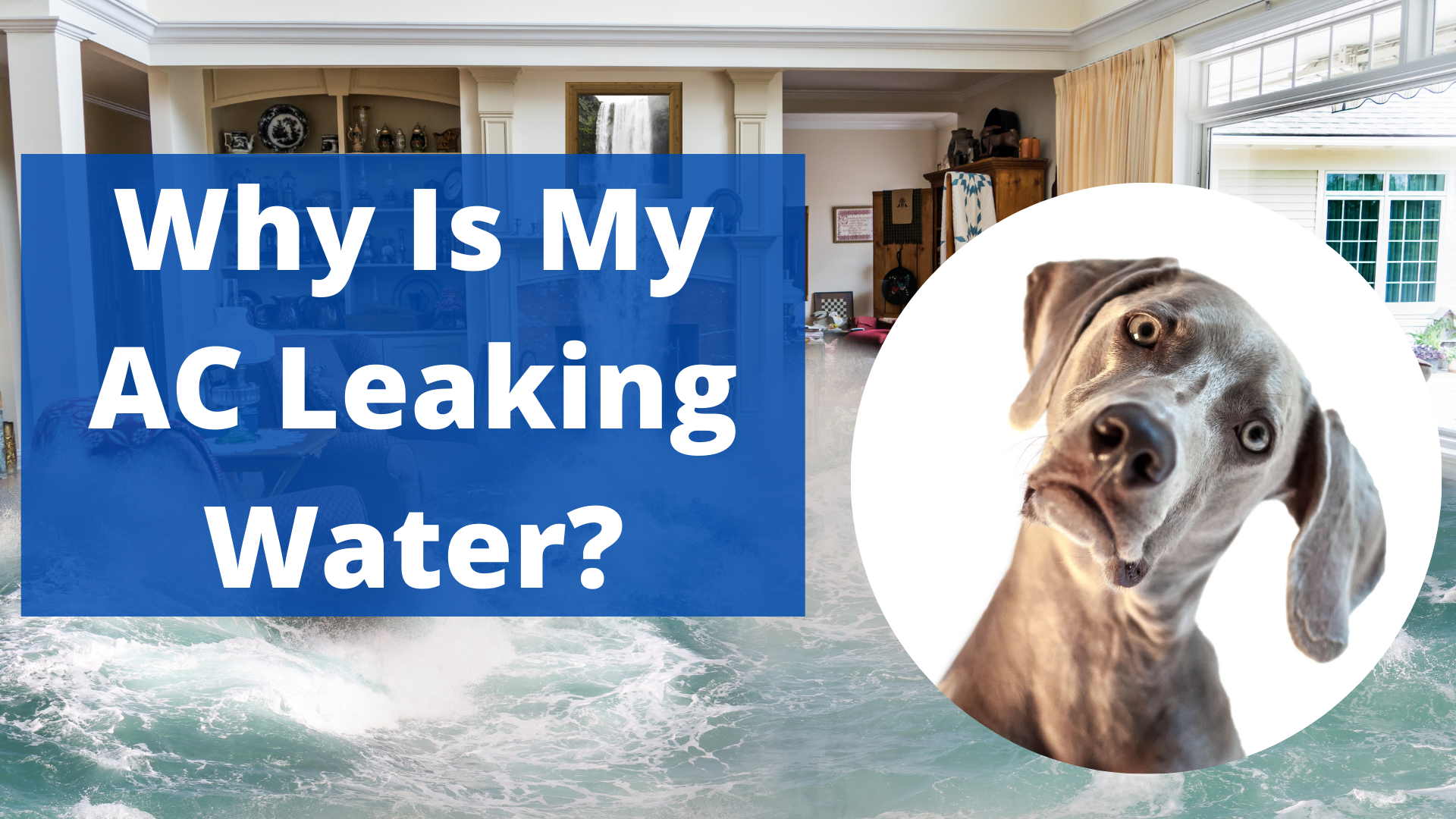

 Key Takeaway: A refrigerant leak, a clogged air filter, or an issue with the drain pan can all be the causes of water leaking from your AC unit. Low refrigerant levels may also result in ice forming on the compressor and dripping onto surfaces beneath it. An HVAC professional should be contacted to inspect and repair any potential issues before they become more serious problems later on.
Key Takeaway: A refrigerant leak, a clogged air filter, or an issue with the drain pan can all be the causes of water leaking from your AC unit. Low refrigerant levels may also result in ice forming on the compressor and dripping onto surfaces beneath it. An HVAC professional should be contacted to inspect and repair any potential issues before they become more serious problems later on.



